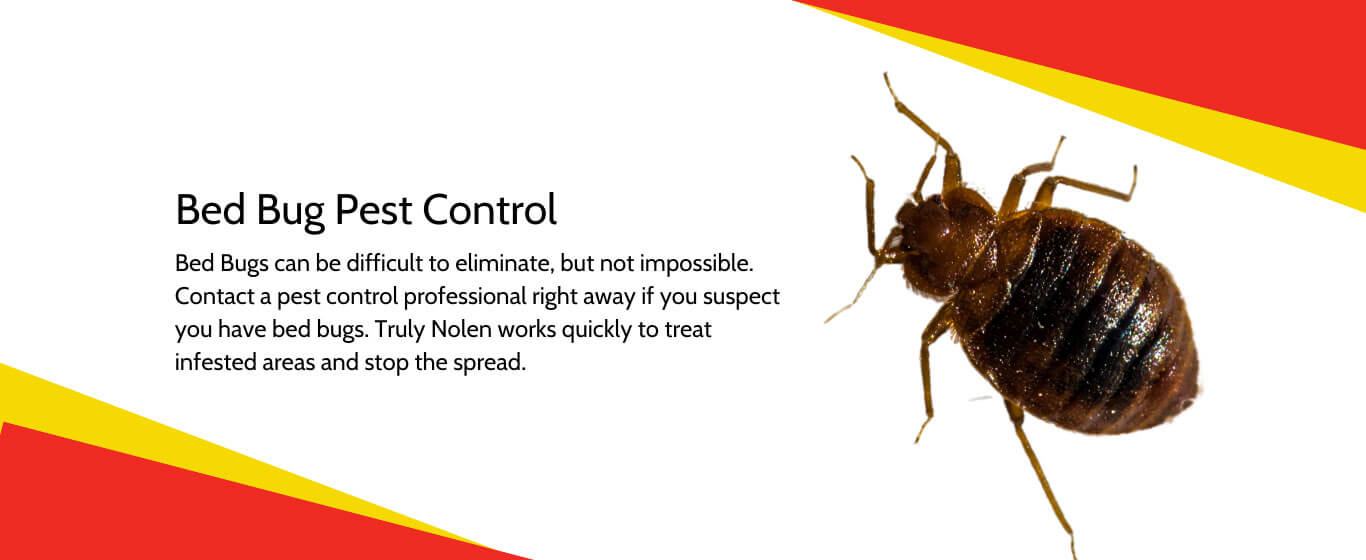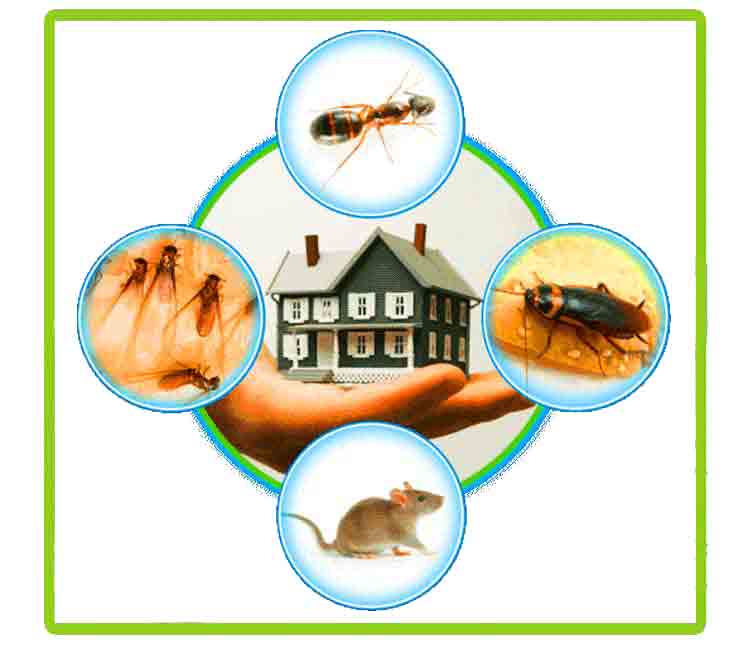Leading Pest Control Solutions to Maintain Your Home Pest-Free
From identifying usual home bugs to executing all-natural and chemical control alternatives, each action plays an essential role in protecting your living environment. Comprehending these various insect control options is essential, yet the effectiveness of each technique can differ dramatically based on certain scenarios.
Identify Common Family Vermin
Household bugs can interrupt the convenience and safety of any type of home, making it important to recognize them without delay. Typical family parasites include pests and rats that can trigger damage to building and position health risks. Among one of the most common are termites, ants, and roaches.
Ants, specifically, are social bugs that can attack kitchen areas in search of food. They thrive in cozy, moist environments and are usually located in kitchen areas and washrooms.
Termites, on the other hand, are wood-destroying pests that can significantly jeopardize the architectural integrity of homes. Their existence is frequently detected via signs such as mud tubes or discarded wings.
Rodents, consisting of rats and mice, are another common household pest. They are not just a problem yet additionally pose health dangers by infecting food and spreading out diseases. Identifying these bugs early is essential for efficient monitoring, making best use of the possibilities of an effective removal and protecting the home environment.
Preventive Steps and Upkeep
Reliable parasite control begins with safety nets and normal upkeep to lessen the risk of invasions. Property owners need to prioritize a detailed assessment of their residential properties to recognize potential entrance factors for bugs, such as splits in wall surfaces, voids around home windows, and spaces under doors. Sealing these openings with caulk or weather stripping can significantly decrease the probability of bugs getting in.
Additionally, keeping a tidy environment is critical. Frequently decluttering areas, specifically basements and attics, can remove hiding areas for insects. It is likewise crucial to keep food in impermeable containers and promptly address spills and crumbs. Outside, house owners ought to keep rain gutters tidy and make certain that standing water is gotten rid of to prevent reproducing grounds for bugs.
Landscape design techniques play a duty also; trimming trees and bushes far from the home can protect against bugs from using them as pathways. On a regular basis checking and maintaining screens on doors and windows will certainly further secure versus unwanted intruders. By applying these preventative procedures and dedicating to constant upkeep, homeowners can substantially minimize the threat of insect problems, guaranteeing a much healthier and much more comfy living setting.
Natural Insect Control Techniques
Countless natural parasite control methods offer eco-friendly choices to traditional chemical therapies. These techniques not only lessen harm to beneficial organisms yet also advertise a much healthier living setting.
One efficient technique is using vital oils, such as pepper mint or tea tree oil, which can deter different pests because of their strong fragrances. Another preferred option is diatomaceous earth, an all-natural powder obtained from fossilized algae that can kill insects by dehydrating them upon get in touch with.
Companion planting is also a helpful technique; specific plants, like marigolds or basil, can drive away insects while drawing in valuable pests. Additionally, introducing all-natural predators, such as ladybugs for aphid control, can significantly lower pest populaces without chemicals.

Ultimately, incorporating these natural parasite control approaches can develop a sustainable and effective insect management method, ensuring your home stays pest-free while straightening with ecological conservation efforts.
Chemical Insect Control Options
When encountering relentless parasite invasions, chemical parasite control choices offer a targeted approach to managing unwanted microorganisms. These options normally include using pesticides formulated to eliminate or hinder parasites effectively. Chemical parasite control can be categorized right into two major types: insecticides, which target pests, and herbicides, designed for plant insects.
Insecticides might come in various types, consisting of granules, lures, or sprays, enabling home owners to select the technique that finest fits their requirements. Sprays can offer instant results, while baits might offer even more prolonged control. It is necessary to choose items that are appropriate for the specific kind of pest being attended to, as well as safe for usage within a residential setting.
While chemical pest control can generate quick results, it is important to adhere to label guidelines carefully to reduce threats to human beings, animals, and valuable insects. Incorporating chemical approaches with precautionary steps, such as securing entry points and maintaining tidiness, can enhance efficiency and reduce the chance of future invasions. By using liable methods, chemical pest control choices can be a vital part of a general parasite administration method.
Specialist Extermination Services

Expert pest control operators use a range of methods, including integrated parasite monitoring (IPM), which stresses making use of safe and environmentally pleasant remedies whenever possible. This method not only targets the existing problem yet additionally focuses on preventing future events by addressing the hidden conditions that bring in insects.
In addition, expert solutions usually supply warranties and follow-up brows through to ensure the performance of their treatments. This recurring support can offer house owners assurance, understanding that their living setting is being kept track of for any type of indications of bug renewal. Unlike do it yourself approaches, which might produce momentary relief, expert elimination services deliver durable results, making them a rewarding financial investment for keeping a pest-free home.
Verdict
In recap, keeping a pest-free home requires a multifaceted approach that encompasses identification of common parasites, execution of preventive steps, and consideration of both chemical and natural control techniques. Specialist extermination solutions offer as an important source for addressing severe infestations. By adopting integrated insect management approaches, homeowners can make sure a long-term option that focuses on security and efficiency, ultimately protecting living rooms from unwanted intruders while advertising a much healthier environment.
When encountering consistent bug invasions, chemical bug control choices offer a targeted technique to handling undesirable organisms - coquitlam pest control. Chemical parasite control can be categorized right into two primary kinds: how to get rid of bed bugs insecticides, which target pests, and herbicides, designed for plant bugs

These solutions employ qualified parasite control experts who carry out thorough assessments to determine the extent of an infestation and the certain parasite types involved.In summary, preserving a pest-free home necessitates a complex method that encompasses identification of typical useful site parasites, execution of preventative measures, and factor to consider of both chemical and natural control approaches.